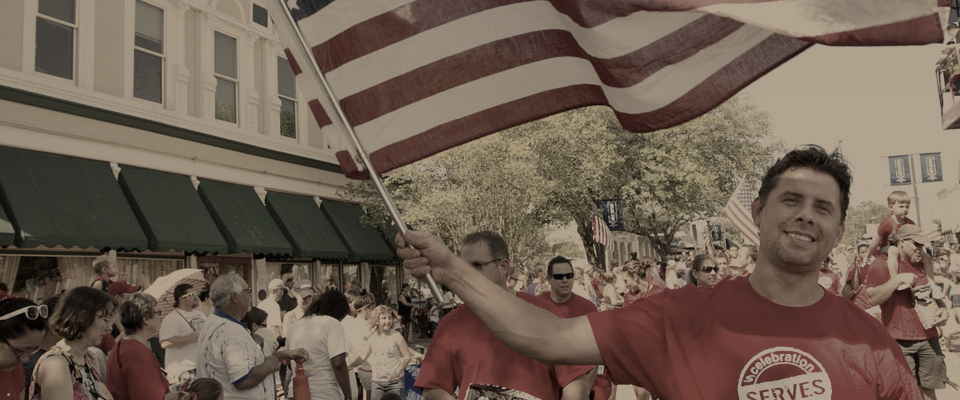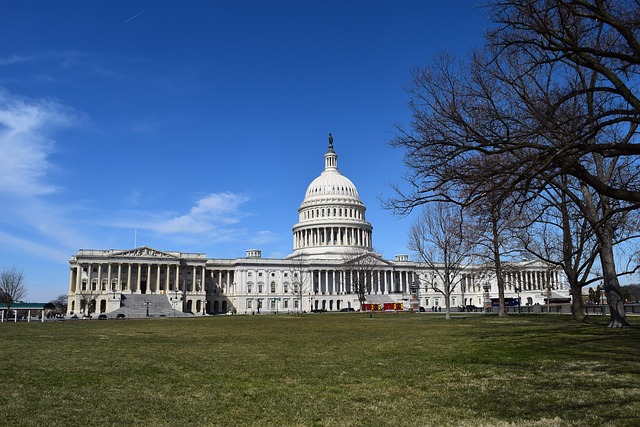I knew FDR’s racism was bad, but I didn’t know it was this bad. The Tablet has an excellent writeup of a new exhibition at the U.S. Holocaust Memorial Museum on FDR’s deep and total investment in eugenic theories of racial superiority, including the highly scientific finding that Japanese people were inherently warlike due to the shapes of their skulls (“The president wrote back asking whether the ‘Japanese problem’ could be solved through mass interbreeding”) and a top secret plan to force Jews to leave Europe after the war and settle in widely scattered enclaves spread “as thin as possible” around the world. The U.S. taxpayer spent $10,000 a month on the development of this secret plan from its inception in 1942 until FDR’s death, when Truman terminated the project upon discovering its existence.
Image HTs to The Forward and History.com.





